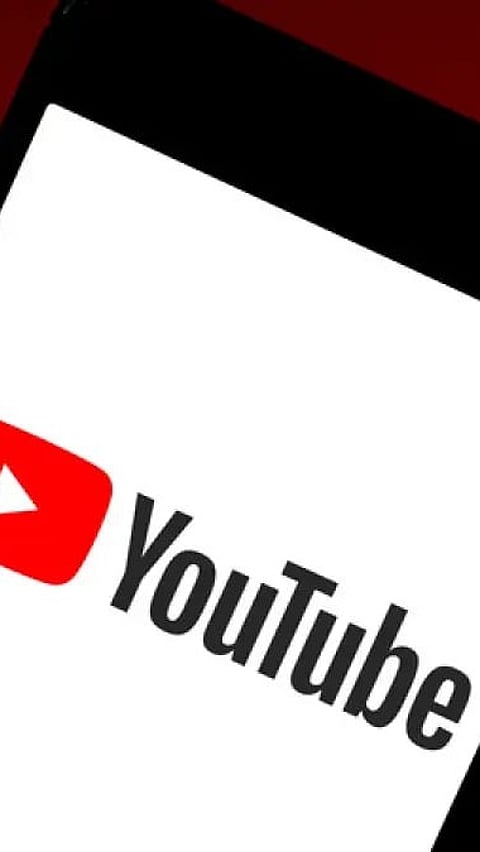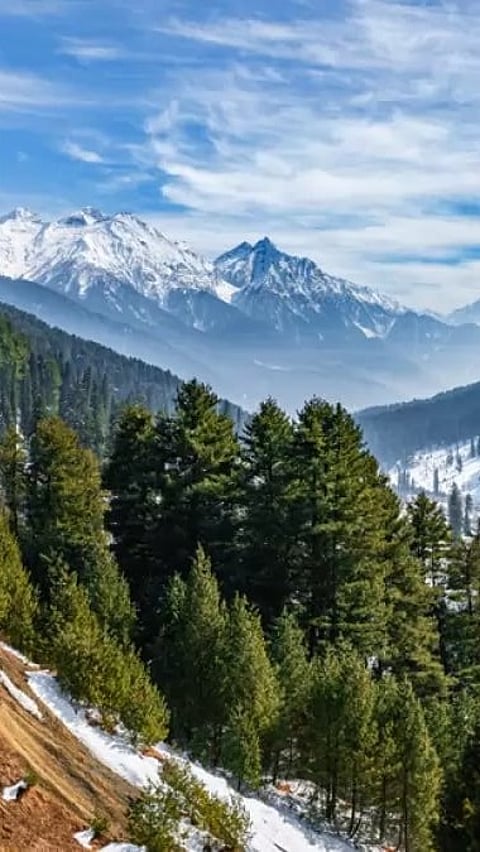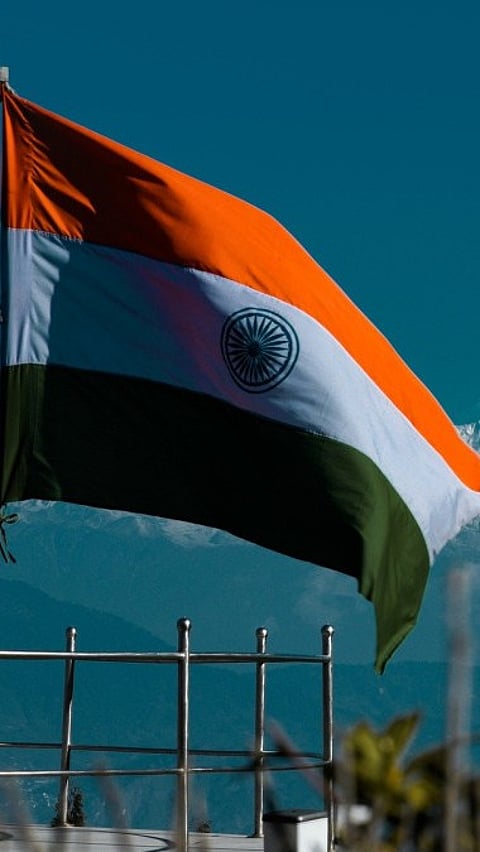Channels Banned
The Indian government, banned 16 Pakistani YouTube channels on the recommendation of the Ministry of Home Affairs. These channels were accused of spreading communally sensitive content and misinformation against India.
The Indian government, banned 16 Pakistani YouTube channels on the recommendation of the Ministry of Home Affairs. These channels were accused of spreading communally sensitive content and misinformation against India.

Among the banned channels are those from prominent Pakistani media outlets, including Dawn News, Samaa TV, ARY News, Geo News, Razi Naama, GNN, Ujjar cricket, BOL news, SUNO news HD, Raftar, Irshad Bhatti, The Pakistan reference, Umar cheema exclusive, Asma shirazi

The action was taken due to the dissemination of provocative and misleading narratives about India, its Army and security agencies. This followed the tragic Pahalgam terror attack in Kashmir on 22 April.

With the ban in place, Pakistani television serials previously streamed on platforms like Geo TV, Samaa TV and ARY will no longer be accessible to Indian audiences.

In response to the Pahalgam attack, India has blocked Pakistan’s official X (formerly Twitter) account, suspended the Indus Waters Treaty of 1960 and closed the Attari integrated checkpost, showing a tougher approach to cross-border terrorism and instability.

The Pahalgam terror attack occurred on April 22, 2025, at Baisaran meadow in Pahalgam, resulting in at least 26 fatalities, which led to measures being taken by the government

In retaliation, Pakistan has warned India about the potential suspension of the Simla Agreement, a significant peace treaty signed after the 1971 India-Pakistan war.

The ban raises questions about how India will continue to address cross-border misinformation and the potential impact on media freedom and international relations moving forward.
